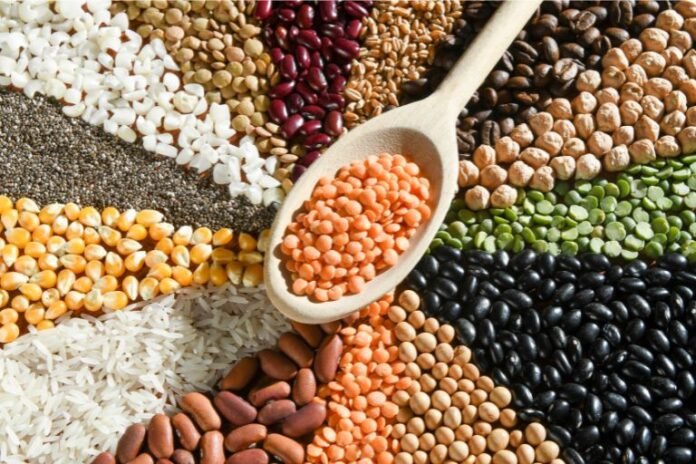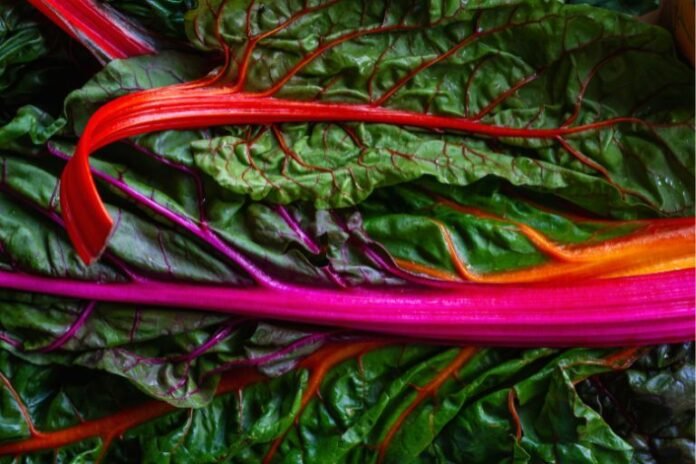Figs, known for their sweet, chewy texture and distinctive flavor, are a favorite among fruit lovers. But one common question arises: are figs acidic? Whether you’re curious for dietary reasons or simply exploring their nutritional profile, this guide will help you understand the pH levels of figs, their effects on digestion, and their overall health benefits.
What Makes Figs So Special?
Figs, prized since ancient times, have earned their place in culinary and medicinal traditions. Their naturally sweet flavor and high nutritional value make them a beloved fruit. But when it comes to balancing your diet, especially for those sensitive to acidic foods, understanding the pH of figs is crucial.
What Does pH Mean, and Why Does It Matter?
The pH scale measures how acidic or alkaline a substance is, ranging from 0 (highly acidic) to 14 (highly alkaline), with 7 being neutral. Foods on either extreme can impact the body’s pH balance and digestion. For individuals with conditions like acid reflux, GERD, or a sensitive stomach, knowing the pH of foods is essential for better health management.
Author Tip: 7 Kinds of Foods to Avoid with GERD
Are Figs Acidic or Alkaline?
The pH of Fresh Figs
Fresh figs are mildly acidic, with a pH range of 5.05 to 5.98. This places them closer to the neutral zone, making them less likely to cause acid-related issues compared to highly acidic foods like citrus fruits or vinegar.
Dried Figs: A Slight Shift
Dried figs tend to be slightly more acidic due to the concentration of sugars and reduced water content. However, they remain on the lower end of acidity, making them a safe option for most diets.
Author Tip: Are Fig Bars Acidic?
Nutritional Composition of Figs
Figs are a nutritional powerhouse. Here’s a quick breakdown:
| Nutrient | Fresh Figs (per 100g) | Dried Figs (per 100g) |
| Calories | 74 | 249 |
| Carbohydrates | 19.2g | 63.9g |
| Dietary Fiber | 2.9g | 9.8g |
| Sugars | 16.3g | 47.9g |
| Protein | 0.75g | 3.3g |
Rich in vitamins like A, K, and folate, and minerals like potassium, calcium, and magnesium, figs provide essential nutrients that support overall health.
Health Benefits of Figs
- Digestive Support
Figs are rich in dietary fiber, aiding digestion and preventing constipation. Their natural enzymes also promote gut health. - Bone Health and Heart Benefits
High calcium and potassium levels help strengthen bones and regulate blood pressure. Figs also contain antioxidants that combat free radicals. - Managing Blood Sugar Levels
Despite their sweetness, figs have a low glycemic index and can help regulate blood sugar when consumed in moderation.
Figs and Digestive Health
For individuals dealing with acid reflux or GERD, figs can be a gentle addition to the diet. Their natural alkalinity, combined with a high fiber content, supports smoother digestion and reduces acid build-up in the stomach.
Figs in an Alkaline Diet
How Figs Fit into an Alkaline-Based Diet?
Figs are classified as mildly acidic when measured, but they have an alkalizing effect on the body after digestion. This makes them a perfect addition to an alkaline diet, which emphasizes foods that help maintain a healthy internal pH balance.
Figs work well in balancing acidic foods like meats, grains, and processed snacks. By including figs in your meals, you can create a harmonious diet that promotes optimal health and reduces the risk of acid-related issues.
Balancing Acidic and Alkaline Foods
While figs are alkalizing, pairing them with other nutrient-dense foods ensures you maintain dietary variety. Combine figs with leafy greens, nuts, or whole grains for a balanced meal.
Author Tip: 7-Day Meal Plan For Gastritis
Cooking and Eating Figs: Do They Affect pH?
Recipes Featuring Figs
Figs are versatile and can be enjoyed in many forms:
- Fresh figs: Enjoy them raw as a snack or on salads.
- Dried figs: Add to trail mixes or bake into cookies.
- Cooked figs: Use them in jams, sauces, or savory dishes like fig-glazed chicken.
The Impact of Preparation Methods on Acidity
Cooking methods can slightly alter the pH of figs. For example:
- Raw figs retain their natural pH and nutrients.
- Dried figs are more concentrated, which can slightly increase their acidity.
Regardless of preparation, figs remain a nutrient-rich choice.
Are Figs Suitable for Everyone?
Figs and Allergies
Although rare, some people may experience an allergic reaction to figs, especially those with latex or birch pollen allergies. Symptoms can range from mild irritation to more severe reactions. If you’re unsure, start with small quantities and monitor your body’s response.
Considerations for Specific Conditions
For individuals with diabetes, figs can be consumed in moderation due to their natural sugars. Their high fiber content helps regulate blood sugar, but portion control is essential. Additionally, those with kidney issues should consult a doctor before adding figs to their diet, as figs are rich in potassium.
Scientific Insights on Figs
Research-Backed Health Claims
Scientific studies confirm the health benefits of figs. A 2023 study in the Journal of National Library of Medicine highlighted that figs contain polyphenols, flavonoids, and other antioxidants that reduce oxidative stress and promote overall wellness.
Studies on pH and Digestive Impact
Research indicates that while figs are slightly acidic, their post-digestion alkalizing effect makes them beneficial for individuals with acid reflux or similar conditions.
Frequently Asked Questions
Do figs cause heartburn?
Figs are unlikely to cause heartburn due to their low acidity. In fact, their fiber content may help reduce acid reflux symptoms. However, consuming them in excess could lead to digestive discomfort.
Are figs acidic when cooked?
Cooking figs doesn’t significantly change their acidity. While moisture loss during cooking, especially drying or baking, can slightly concentrate their natural acids, they remain mildly acidic. The biggest impact on the final dish’s acidity comes from other added ingredients, not the cooking process itself.
Are figs high in acidity?
Figs are mildly acidic, with a pH ranging from approximately 5.0 to 6.0. This places them closer to neutral than highly acidic fruits like lemons or limes. While they do contain some natural acids, their overall impact on the body is considered alkalizing after digestion, making them generally well-tolerated.
When should you not eat figs?
Individuals with fig allergies, which can sometimes be linked to latex or birch pollen allergies, should avoid them. Those with kidney problems should consult a doctor due to figs’ high potassium content. Due to their natural sugars, moderation is advised for those with diabetes. Overconsumption can also cause diarrhea due to their high fiber content.
What is the least acidic fruit?
In general, melons like cantaloupe and honeydew are among the least acidic fruits, often having a pH above 6.0. Bananas are also relatively low in acidity, typically ranging from 4.5 to 5.2 on the pH scale. These fruits are often recommended for individuals with acid reflux or sensitive stomachs.
Are figs cool or hot?
In traditional Chinese medicine (TCM), figs are considered to have a neutral to slightly cooling thermal nature. This means they are not considered heating or cooling to the body significantly, making them suitable for consumption year-round for most individuals according to TCM principles.
Conclusion
In conclusion, while figs possess a slightly acidic pH, their post-digestive alkalizing effect, coupled with a rich nutritional profile, makes them a valuable addition to a balanced diet. From supporting digestive health and bone strength to potentially aiding in blood sugar management, figs offer a range of benefits. Consuming them in moderation and being mindful of individual sensitivities, such as allergies or potassium intake for those with kidney issues, will allow you to fully enjoy the advantages of this ancient and versatile fruit.












